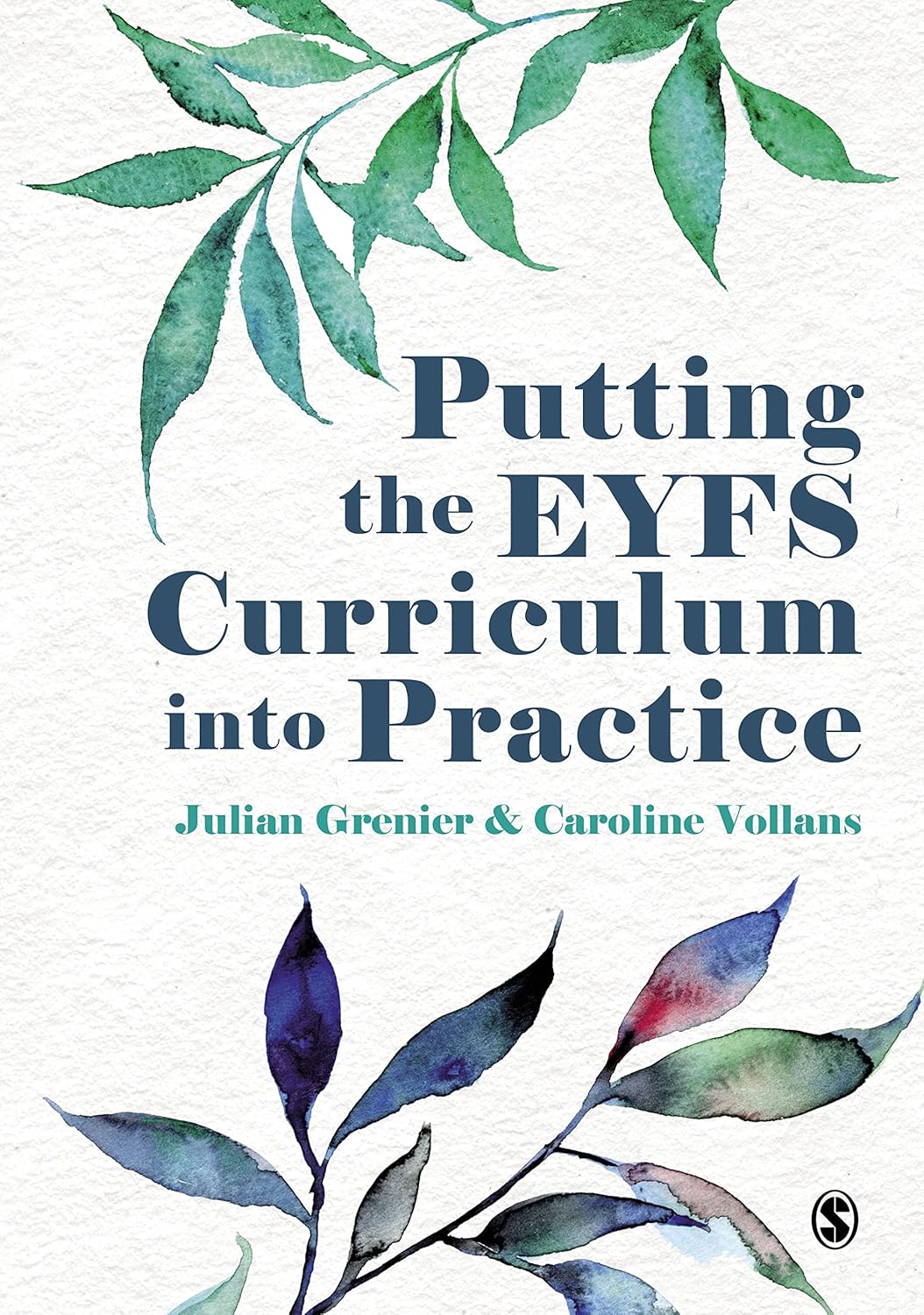About this deal
The Department for Education explainsthat ‘Children are defined as having reached a Good Level of Development (GLD) at the end of the EYFS if they have achieved the expected level for the ELGs in the prime areas of learning and the specific areas of mathematics and literacy. This helps teachers and parents to understand broadly what a child can do in relation to national expectations.’ One of the things this chapter focuses on is the connection between being an early childhood educator and social justice. Professor Lumsden reminds us that equality is the legal right of every child. She also says that We all live in a society that, despite legislation, is not equal, nor is the aspiration for an inclusive society held by all. That we need to embed anti-oppressive practice in our settings. And that we have a responsibility in the sector to understand the power we have in our interactions with others. The ShREC approach – four evidence informed strategies to promote high quality interactions with young children
Only 49.1% of children eligible for free school meals achieved the GLD, compared to 68.8% of those not known to be eligible for free school meals. That’s a whopping 19.6 percentage point gap.I chose Chapter 2 by Professor Eunice Lumsden: A curriculum that promotes equality and challenges racism and sexism, for the education team here to discuss.
From an adult’s point of view it might seem crazy that a child will just not eat, that they need to be cajoled into eating, that they might have fears and worries that affect them. From 1st July 2021, VAT will be applicable to those EU countries where VAT is applied to books - this additional charge will be collected by Fed Ex (or the Royal Mail) at the time of delivery. Shipments to the USA & Canada: Professional Development can lead to improvements in quality. But, in practice, it doesn’t always succeed in that. Professional Development has to be planned carefully, delivered well and regularly evaluated. It needs to be seen as a year-round activity, not a one-off event. The Early Years Curriculum brings together a range of curriculum models from across the world, providing in-depth discussion on key issues and theories, and enabling readers to consider each approach to children's learning within an international context. It encourages readers to explore different ways of understanding the curriculum, and to develop a critical understanding of the key issues that shape the way a curriculum is designed.
Written by experts in the field, this book provides clear, practical guidance on each of the 7 areas of learning and development in the revised (2021) EYFS.
This is a practical, step-by-step guide to implementing the Early Years Foundation Stage (EYFS) in any early years setting. Chapters cover key topics including,assessment, inclusion of children with SEND, English as an Additional Language, equalities, anti-racism, provision for disadvantaged children, professional development and using research and evidence. This list is not exhaustive and could be added to by your staff team and used as a way of monitoring the quality of interactions in your setting. It is important to know the quality of these interactions as it is the quality that makes a difference to the progress children make. We know this from the EPPE research. Following interestsThe document also questions whether the EYFS encourages good practice. According to Pugh.G et al (2010:105) “we need to focus the curriculum on what is important for the children, the things that they need to be doing at this stage of their development”. By looking at the research and practice the most important things are Being Social, Being Positive, Being a Communicator, Being Creative and Being Healthy and Safe (ECM:2003). By introducing reading and writing at an early stage it could be argued that it can lead to complications later on and also delaying phonic work, therefore the EYFS recommends that practitioners use their professional judgement with introducing phonics. On the other hand the authors are claiming that children who come from a less stimulating disadvantaged environment ‘waste an entire year’ falling further behind their middle class peers in learning (e.g reading), whose parents generally know better than to delay reading instruction. This is not entirely true, Gaunte (2010) clarifies that “Parents with the support of the wider family, are children’s primary educators. What parents do at home with young children has the most impact on all aspects of their development – social, emotional, intellectual and physical”. How should practitioners and leaders set about designing and implementing their curriculum in the Early Years Foundation Stage? All of this, of course, also fits very well with the focus on curriculum and pedagogy within the new framework. Effective practice has always been about owning your own curriculum decisions and pedagogy. Following a framework or intervention blindly without understanding the ‘why’ doesn’t tend to end well. By starting with a focus on child development and effective assessment processes teaching can be underpinned by clear reasoning and understanding. When knowledge of our children effectively informs what happens next, our curriculum and pedagogy become meaningful to both our staff and our children.
 Great Deal
Great Deal 